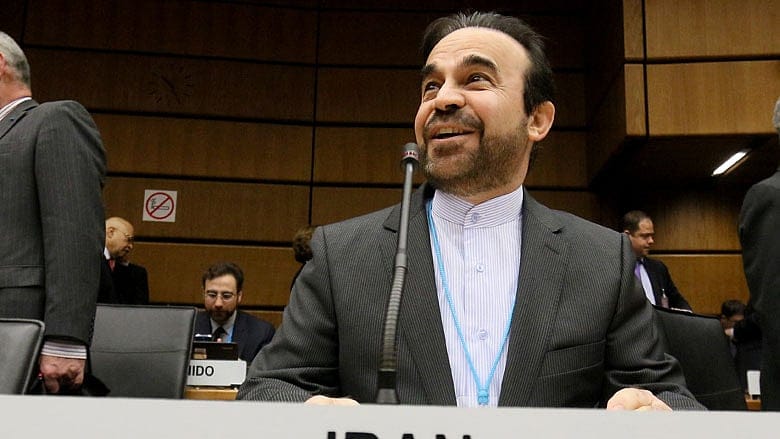Kerry opposed new congressional sanctions over Iranian missile launches

(CNSNews.com) – After Iran reported carrying out new ballistic missile tests Tuesday – and underlined that Israel is within range – State Department spokesman John Kirby said if the reports were confirmed, the U.S. would consider using "unilateral and multilateral tools" in response to Iran's behavior.
"We have and we will use unilateral and multilateral tools to address this. If these latest reports are true, we'll take them up appropriately," he told reporters. "We're not going to shy away from confronting Iran over this particular development of this particular technology."

